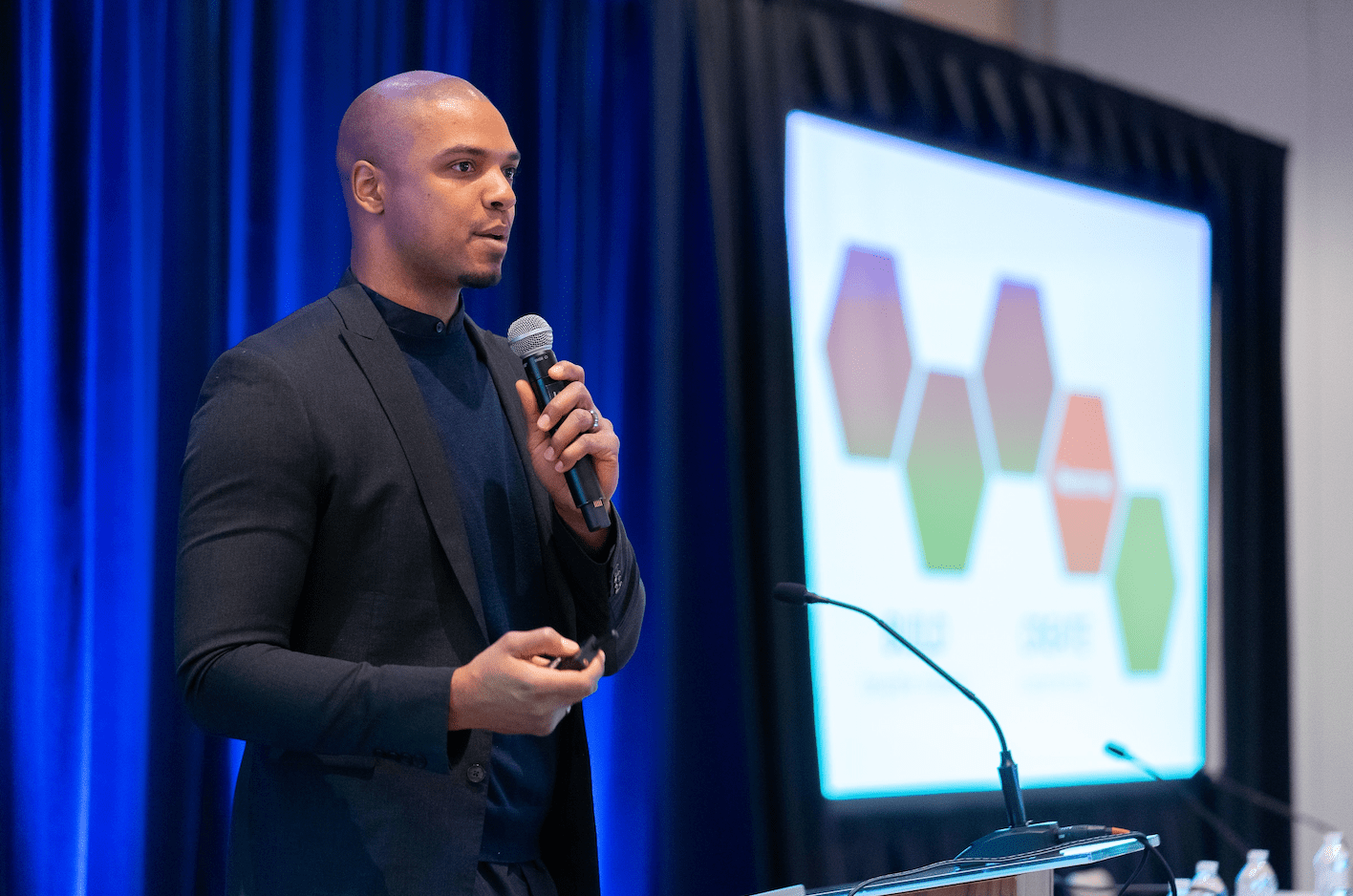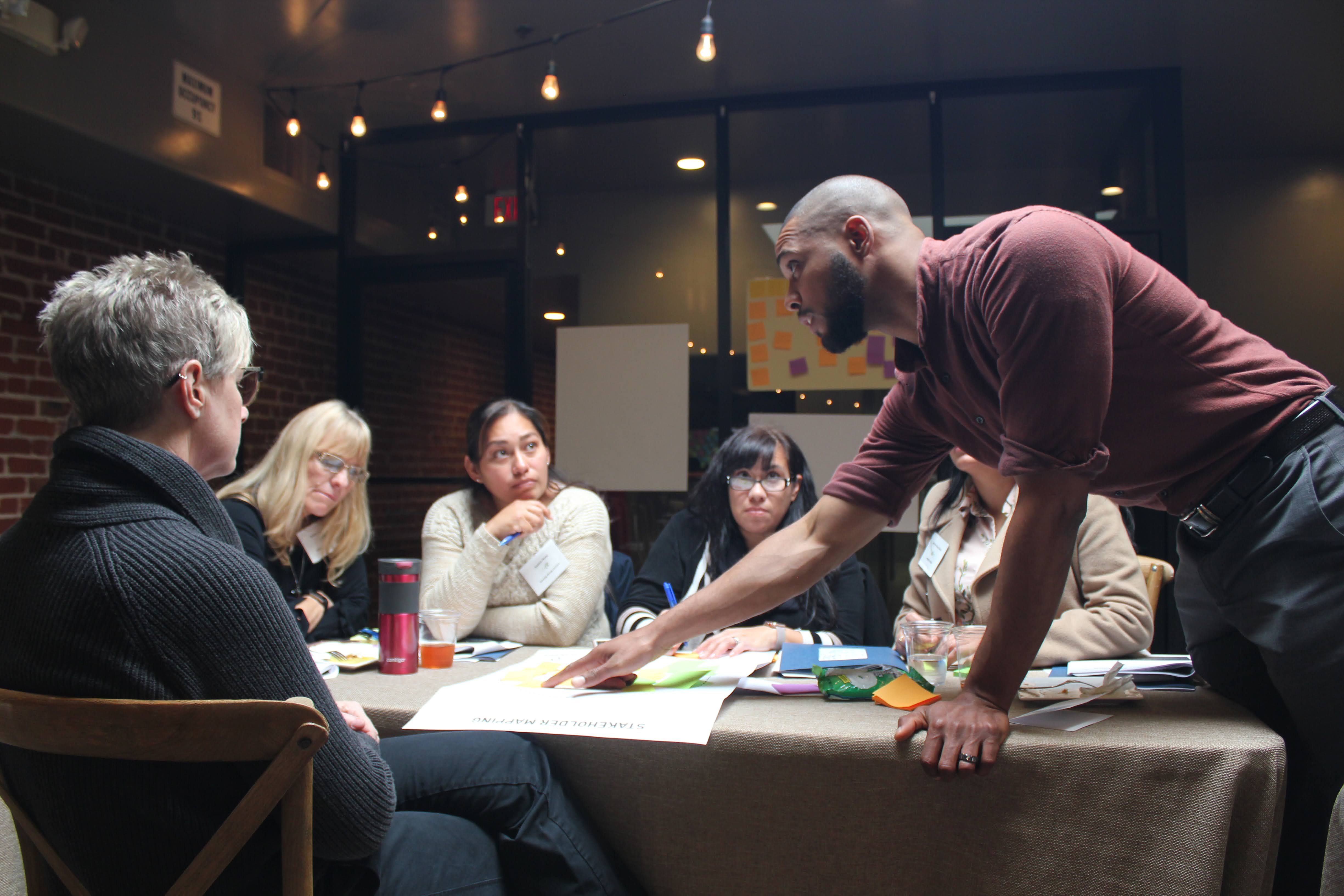Lifestyle
Making a Real Difference: How Your Business Can Create a Greater Impact on Society

– Choosing compostable paper bags over plastic packaging in your store.
– Offering fresh leftovers to the less-privileged living close to your eatery.
– Free haircuts every weekend for neighborhood kids whose parents can’t afford salon fees.
– Scaling your brand by cutting down on some less critical divisions in favor of affordability.
– Hiring well-vetted ex-convicts in your establishment.
The list goes on and on.
Beyond a pure profit-driven era and in an ideal world, the social impact of a business is just as critical to its overall success as the economic impact. Your business should be held to the moral responsibility of contributing to positive efforts, on any scale, against social injustice and other challenges faced by its host community. Contrary to the general misconception, social impact isn’t just about philanthropy.
“Social impact is tangibly improving the health and wellbeing of other people in society,” says Durell Coleman, an American entrepreneur, social impact consultant, multi-niched engineer, and Stanford lecturer. “The challenge in the definition is that a lot of things can appear to mimic this impact. However, the parameters for measurements are questions such as – who are the people who have some of the biggest health and wellbeing challenges? Are we making things easier for them? Are we creating things that are improving outcomes for them? As a social impact strategist, I think of who’s not being designed for and who’s not being served. Who’s left out of the systems that we currently have? This is how improvements are effected.”
Coleman is the founder and CEO of DC Design, a leading Black-owned social impact consulting firm and strategy development brand headquartered in San Francisco. With many years of experience working with nonprofits, foundations, and governments, Coleman has developed countless long-lasting community-centered strategies for directly impacting lives where it actually matters. He shares some thoughts on how social impact can be incorporated into everyday businesses on any feasible scale.
Social impact as part of your core business plan

One year. Five years. Twenty years.
It doesn’t exactly matter how long your business has existed. At any point in your growth trajectory, quality change can be envisioned. Cost-effective or non-cost strategies can be developed to scale your business up to an establishment making positive and genuinely helpful impacts on society. You’d have to identify what area of community or society you’d like to touch directly. For example, do you want to include more affordable options in your product list to tend to lower-income families, or would you like to include a free delivery option to nearby neighborhoods?
“Start with the people you want to serve,” Coleman says. “Not simply thinking about what’s needed to create change, but talking to them directly about what their experiences have been like in confronting the problem you hope to solve. If you want to affect homelessness, talk to the homeless. If you want to affect Black wealth inequality, talk to low-income Black people. If your work is about reducing mass incarceration, talk to those who are or have been incarcerated. They understand where the system failed them, where they could have chosen differently, and what your priorities should be.”
A combination of these insights is then applied to come up with solid approaches and viable strategies for creating directly visible impact. The result is the elevation of these social challenges as these ideas are solidified into long-term sustainable solutions.
Inclusivity against all forms of inequality
Escapism and denial about the social injustices thriving in the world, especially in the United States, would only hurt society in the long run.
“Inequality affects people across every demographic, spanning through parameters such as race where Black and brown people are undeniably affected by ongoing social injustice,” says Coleman, who runs Design the Future, a flagship program teaching high school kids to design products and apps for people with disabilities. “Other factors are gender, where women still battle career biases and representation; income levels, where lower income earners are often confined to lower quality schools, healthcare, and services; rap sheets as ex-convicts re-enter society with little hope for survival; and post-employment care, where war veterans are left to fend for themselves with inadequate assistance from the government.”
A business or brand seeking to make a real social impact must embrace the obligations of equality of inclusion in its range of services.
Tech firms can hire just as many males as females, cosmetics brands can include more dark skin tones in their product array to serve people of every color, fashion brands can supply plus-sized clothing at the same prices as other sizes, clinics can offer free therapy to war veterans, real estate agents can offer lower service percentages to the less-privileged, and more businesses can give formerly incarcerated people a chance.
Be kind to your labor force
A business can make all the social impact in the world but it would all be for nothing if the employees or hired labor, the actual driving force of the enterprise, are unhappy and uncared for. Social impact starts from the immediate environment and broadens out toward larger society.
In conclusion, Coleman describes his personal approach to employee wellness.
“Henry Ford had it right. He paid his people enough so that they could hopefully buy the cars that they were producing, and it all worked out,” he says. “I run a for-profit social impact business. I have to be efficient and I have to make enough money to support my people, my employees. I try to bring in the best employees possible. I try to give them health care. I want to make sure that they have everything that they need to thrive in their own lives.”
Lifestyle
Powerful Corporate Gifting Strategies to Build and Strengthen Business Partnerships

If you want to build and strengthen business partnerships with your clients and top investors, there are a few key steps you must take. One essential strategy is corporate gifting. This simple act goes beyond building a partnership. It will also increase your customer retention rate and promote your business even beyond the shore of your country.
But before you consider gifting any item, there are some strategies to put in place. This will ensure your gift makes a lasting impression and resonates well with your clients. Below are powerful corporate gifting strategies to build and strengthen business partnerships with your clients and top investors.
Choose a Personalized Item
Rather than choosing an ordinary gift for your clients and investors, opt for a personalized item. Customised corporate gifts such as T-shirts, coffee mugs, and bags create a stronger emotional connection than generic gifts. They also leave a more lasting impression than most other gift types.
Imagine how investors and your clients will feel when you beautifully inscribe their image or favorite quotes on a T-shirt. Of course, they will feel valued, appreciated, and ready to invest more in your business.
Consider Their Culture and Background
As an entrepreneur, it’s essential to be culturally competent and sensitive. Your gifts should resonate with your clients’ and investors’ cultural backgrounds. Otherwise, they may be quickly discarded or overlooked. If your investors and audience are predominantly of Black heritage, consider giving them a custom T-shirt featuring a map of Africa or inspirational quotes from iconic Black leaders.
Their religious beliefs are also important. Specific religions may find some images or symbols inappropriate. For instance, if you’re giving a gift to a Muslim investor, avoid designs that include images like pigs, as they are considered offensive in Islamic culture.
Consider a Functional Gift
You should also consider the gift’s functionality. A gift that can be used every day will be more valuable than an impractical one. Even if the gift is expensive but doesn’t have any functional purpose, it won’t serve the purpose it was intended for.
Instead of purely sentimental keepsakes or abstract gifts, consider practical items like pens, notebooks, backpacks, coffee mugs, umbrellas, or water bottles. Just make sure the gift is well-designed and features your brand logo and identity. This not only increases brand visibility but also helps strengthen the connection between you and your investors.
Tie it to a story
Tie your gifts to a story to make them more memorable and emotionally meaningful. For example, if during your business’s early days, your employees always worked tirelessly day and night, you could opt for a custom hourglass. Clients and investors who receive such a gift will appreciate your business’s journey of patience and perseverance.
Offer Quality Gifts
Gifts given to investors or clients who have significantly contributed to your business growth should reflect their value. They shouldn’t be cheap or low-grade items. The gift doesn’t have to be trendy or widely popular, but it should come from a reputable and high-end brand. This will give your gift more credibility. Besides, the recipients will feel comfortable to use the gift among their colleagues.
-

 Tech4 years ago
Tech4 years agoEffuel Reviews (2021) – Effuel ECO OBD2 Saves Fuel, and Reduce Gas Cost? Effuel Customer Reviews
-

 Tech6 years ago
Tech6 years agoBosch Power Tools India Launches ‘Cordless Matlab Bosch’ Campaign to Demonstrate the Power of Cordless
-

 Lifestyle6 years ago
Lifestyle6 years agoCatholic Cases App brings Church’s Moral Teachings to Androids and iPhones
-

 Lifestyle4 years ago
Lifestyle4 years agoEast Side Hype x Billionaire Boys Club. Hottest New Streetwear Releases in Utah.
-

 Tech6 years ago
Tech6 years agoCloud Buyers & Investors to Profit in the Future
-

 Lifestyle5 years ago
Lifestyle5 years agoThe Midas of Cosmetic Dermatology: Dr. Simon Ourian
-

 Health6 years ago
Health6 years agoCBDistillery Review: Is it a scam?
-

 Entertainment6 years ago
Entertainment6 years agoAvengers Endgame now Available on 123Movies for Download & Streaming for Free
